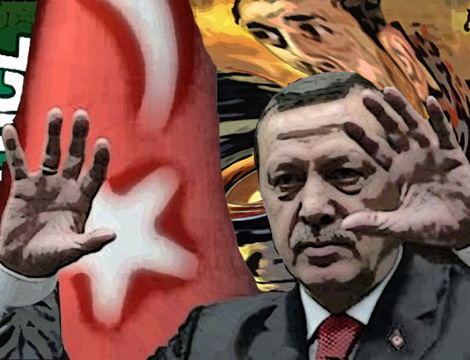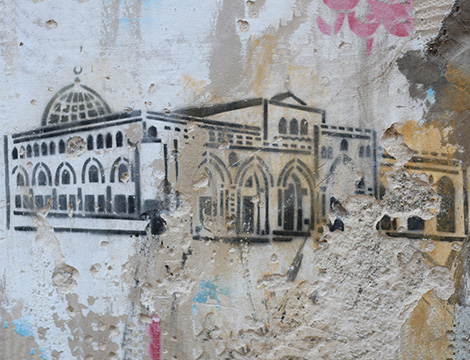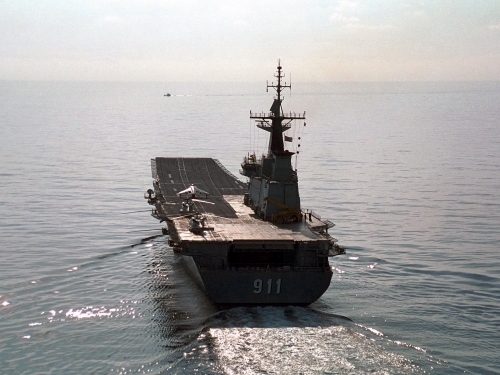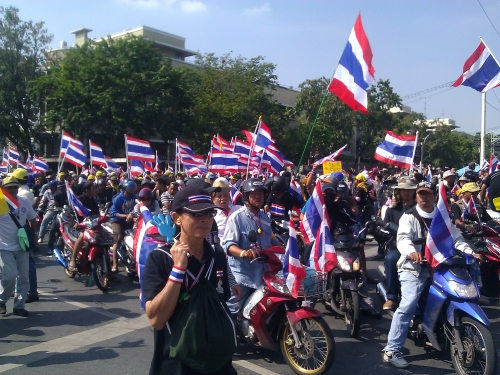
This article was originally published by Political Violence @ a Glance on 18 September 2017.
This Sunday, 17 September 2017, marks two years since the last attempted military coup d’état in Africa. Defined as “illegal and overt attempts by the military or other elites within the state apparatus to unseat the sitting executive.” Coups have been attempted over 200 times in Africa, with over 100 succeeding.
However, the last decade has seen a pronounced decline in and—with no coup attempts since September 2015 and no successes since 2014—this trend appears to be gaining momentum. This extraordinary shift away from what Samuel Decalo once referred to as the “most visible and recurrent characteristic of the African political experience” likely has its roots in both external and internal dynamics. Each of these dynamics can be seen with the continent’s last coup attempt.




